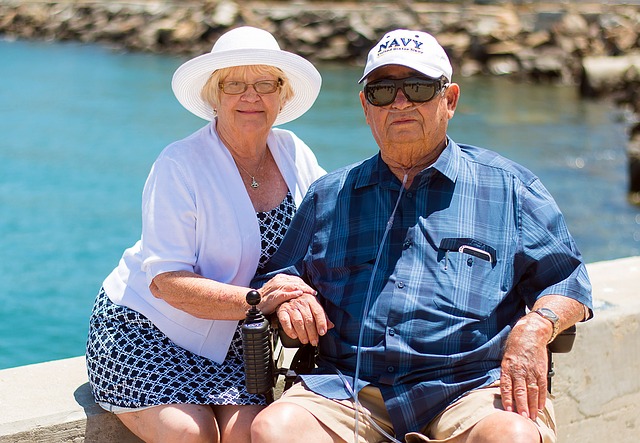Close family relationships are proving to be a positive factor in life expectancy among the elderly, a new study suggests.
Researchers found that older adults who had extremely close ties to family members other than their spouses had a 6% risk of death in the next five years, compared to 14% among those who were not close to their family, reports UPI.
James Iveniuk, the lead researcher at the University of Toronto School of Public Health, says,
Social relationships really do matter.
Family relationships appeared to be more important than friendships, Iveniuk says. Those who had good relationships with friends but were not close to family members still showed a greater mortality risk.
Specifically, people with strong family ties had less chances of suffering from a heart attack or stroke, the researchers say.
Iveniuk says this might be because of what individuals expect from a family. “There are strong expectations about your family taking care of you, particularly when things are burdensome or frightful for you, like when you are in ill health — your family is supposed to be there for you,” he says.
In comparison, friends come and go, and are more likely to move in and out of a person’s social network, especially if one has a difficult personality.
However, Iveniuk points out, “This is not to say that family is always better for you.” There are plenty of cases where family members are frustrating, burdensome and downright abusive, which should not encourage association.
For the most part, most people forge close relationships with their families, making them more open to sharing things concerning health problems.
One health expert says the definition of family needs to be expanded beyond the boundaries of blood or marriage relationships.
Dr. Gisele Wolf-Klein, geriatric education director at Northwell Health in New York, says the family is an evolving concept. For many people, old friends are considered family more than relatives are, she says.
Wolf-Klein says, “Many of my patients who are in their 80s and 90s have a new family because they divorce.” Other situations could form their own non-traditional family settings, she says.
Iveniuk and L. Philip Schumm, a biostatistician at the University of Chicago, reviewed national data to look at the most significant social factors for prolonging life.
Senior adults who participated in the research listed five of their closest confidants, and described in detail the nature of each of these relationships, as well as how close they felt to the person.
Excluding spouses, respondents averaged three close confidants, with most of them saying they had plenty of support for their social groups. Majority of the participants were married, healthy and stated they were not really lonely.
The researchers also found that the adults who listed more relatives in their social network, no matter how close they were or were not, had lower risks of early death compared to those who had listed just one or two family members.
There were four factors linked with a lower mortality risk: being married, having a large support group of friends and family, participating in social activities and having close relationships with confidants.
The association is uncertain, says Dr. David Katz, director of the Yale-Griffin Prevention Research Center in Connecticut. “It may be that people who are close to their relatives have more loving support in their life. It may be that those who are not close to relatives have more strife, or are less adaptable,” he says.
The study’s findings were shown at the American Sociological Association meeting in Seattle and await publication in a peer-reviewed journal.
























